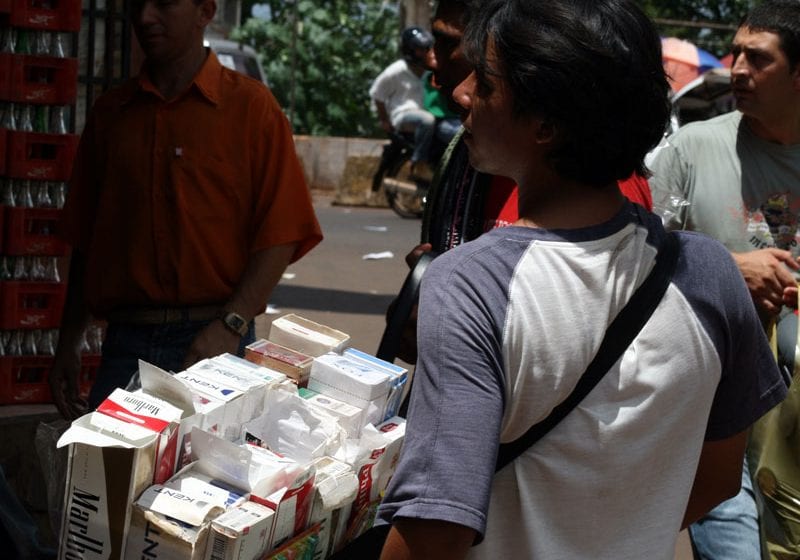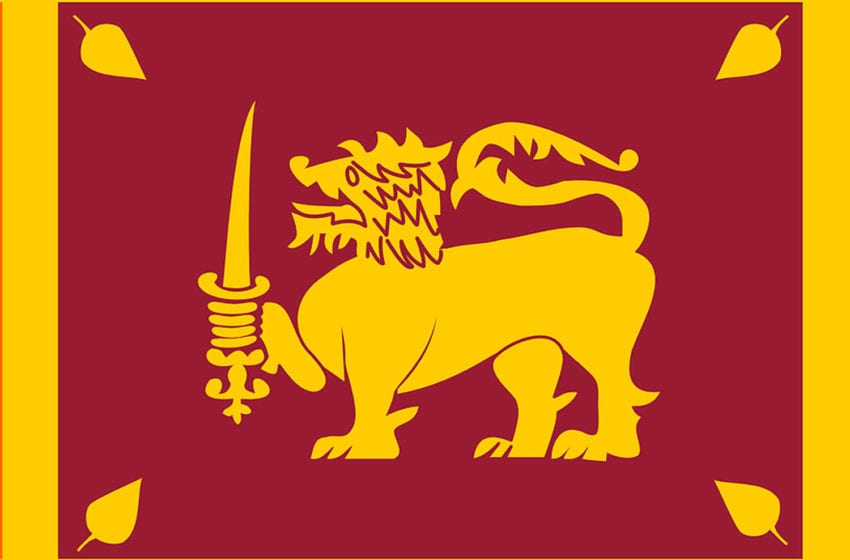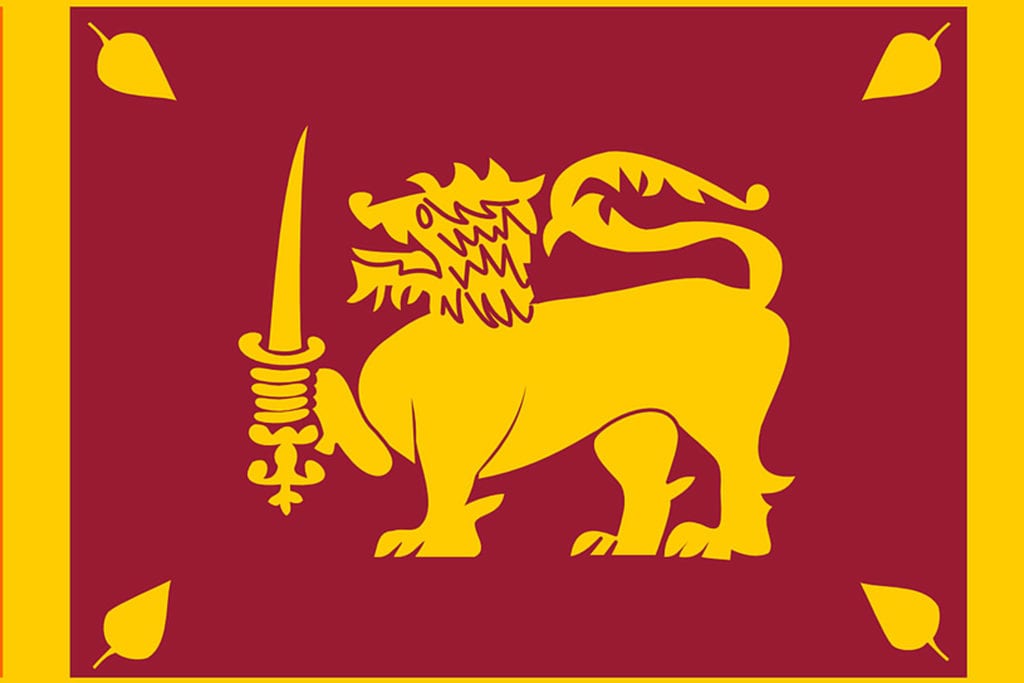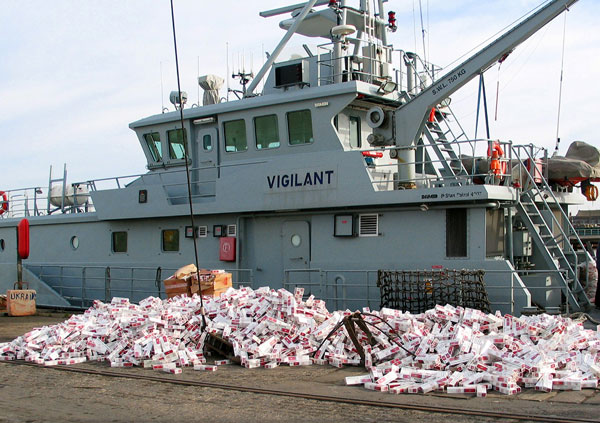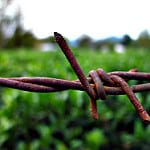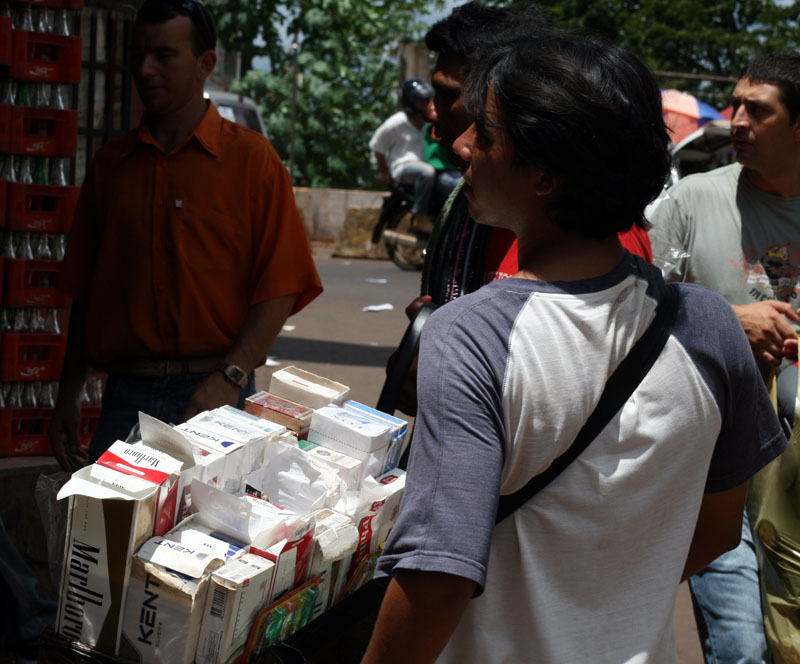
Authorities in Nigeria and Sri Lanka want to restrict sales of individual cigarettes to discourage smoking. Sales of single sticks are common in developing countries where many smokers are unable to afford packs.
Nigeria’s Federal Competition and Consumer Protection Commission (FCCPC) says it will start confiscating cigarettes sold by the stick at the expiration of the moratorium given in the Tobacco Control Law, according to the Premium Times.
Scheduled to come into effect by mid-2021, new rules require tobacco companies to sell cigarettes in sealed and tamper-proof packaging, allowing law enforcement to easily spot illegally opened packs.
“Once it is tamper-proof, anybody who is selling by the sticks at that point is violating the law in a significant manner, and we will have absolutely no apologies in confiscating the products on their shelves,” said Babatunde Irukera, executive vice chairman of the FCCPC.
Sri Lanka, too, is drafting legislation banning the retail sale of individual cigarettes, reports News 1st, citing the country’s National Authority on Tobacco and Alcohol (NATA).
“By drafting regulations to ban the retail sale of [single] cigarettes, those who cannot quit the habit of smoking will be compelled to purchase a full packet of cigarettes, which will contain 20 per pack,” said NATA Chairman Samadhi Rajapaksa. “Thereby, buying capacity will reduce, meaning, the tendency for smoking in the country could be brought down drastically by imposing a ban on retail sale of [single] cigarettes.”
Rajapaksa noted that about 110 people die daily due to the consumption of tobacco and alcohol in Sri Lanka. He also stated that consumers spend close to LKR1billion ($5.2 million) on tobacco and liquor daily.

